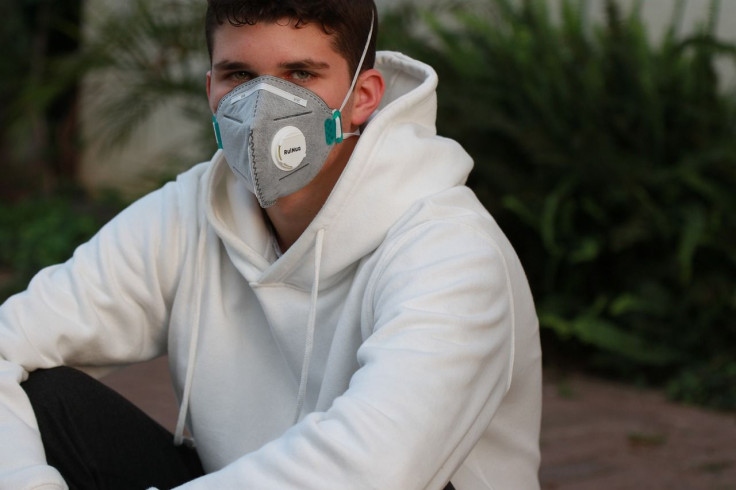Coronavirus Protection: CDC Suggests Recovered Patients Are 'Protected' For 3 Months

KEY POINTS
- There is much debate on whether recovered coronavirus patients are immune
- An update by the CDC revealed they are "protected" for three months following the infection
- It aligns with previous guidance which does not require re-testing within 90 days from infection
Those who recovered from COVID-19 may not worry much anymore following the 90 days from recovery as the new Centers for Disease Control and Prevention (CDC) guidance on quarantining suggests that these individuals are protected during this period.
In the CDC guidance update posted on their website on Aug. 3, it stated that people must quarantine if they have been in close contact with an infected person except for those who had COVID-19 within the past three months. Within this period, there is no longer a need for those who tested positive for coronavirus to be tested again, with a caveat that symptoms don't show again.
The update defined close contact as standing six feet from someone infected with COVID-19 for 15 minutes or more, caring for someone with COVID-19, or had direct physical contact with the infected person such as hugging or kissing him. Sharing utensils also falls under physical contact, and lastly, being in the presence of a COVID-19 positive person who sneezed or coughed.
The guidance noted though that if those who recovered would develop symptoms again within the three-month period, and that no other cause was identified for their symptoms, then there is a reason to be retested.
The new CDC guidance on quarantining, which further expanded the number of days that a recovered individual is deemed protected, came about after they ascertained that there was no evidence that a recovered patient got re-infected after three months.
Dr. Annie Luetkemeyer, University of California's professor of medicine, stated in an NBC News report, that the Aug. 3 CDC update was consistent with another guidance of CDC which no longer required patients to be retested within 90 days from their initial infection.
The previous CDC guidance on the isolation period shortened the number of days of isolation of a COVID-19 patient. In this, the agency noted that many coronavirus patients are no longer infectious 10 days after their initial symptoms. Yes, they may test positive, but it does not mean that they are still sick. What the tests detect may actually be the fragments of the virus' genetic code.
Another health expert, Dr. Joshua Barocas, Boston University School of Medicine's assistant professor of medicine stated that the update of the CDC regarding the 90-day period coincides with the idea that the possibility of people getting reinfected within three months is unlikely.
© Copyright IBTimes 2025. All rights reserved.





















